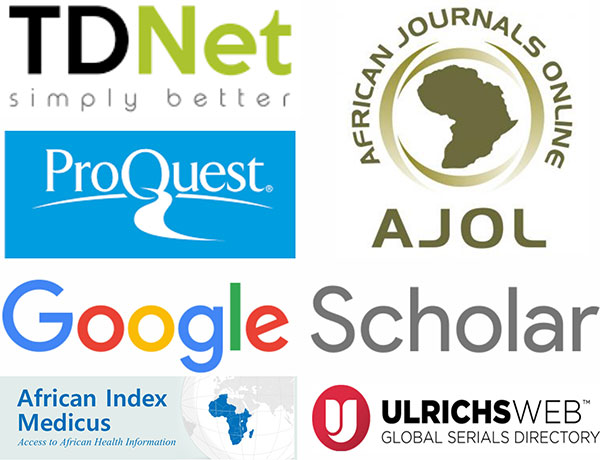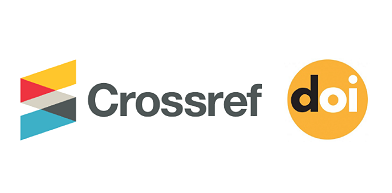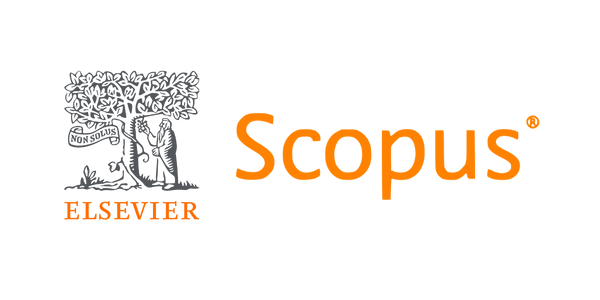Assessment of Antenatal Breastfeeding Education, Early Initiation and Exclusive Breastfeeding practices of mothers attending a secondary healthcare facility in Southern Nigeria
DOI:
https://doi.org/10.61386/imj.v18i1.600Keywords:
Breastfeeding education, Breastfeeding initiation, Exclusive breastfeeding, Antenatal care, Secondary Health Facility, NigegriaAbstract
Background: Antenatal Breastfeeding education is teaching women about breastfeeding during pregnancy before the baby arrives. The content of breastfeeding education given to mothers during antenatal care visits can play critical role in the adoption of early breastfeeding initiation in the immediate postpartum period and subsequent increase in the rate of exclusive breastfeeding.
Objective: This study assessed the antenatal breastfeeding education, early initiation of breastfeeding and the practice of exclusive breastfeeding among mothers attending a secondary healthcare facility in Benin City, Nigeria.
Materials and methods: A cross-sectional study utilizing a mixed method approach comprising both quantitative and qualitative data collection methods. Mothers who had vaginal delivery were recruited consecutively from the postnatal ward to participate in the study. Ethical approval was obtained from the Ethics and Research Committee of Edo State Hospitals Management Board.
Results: A total of 360 mothers aged 18 to 42 years were interviewed. Majority, 334 (92.8%) received breastfeeding education while pregnant, predominantly during ANC, 309 (92.5%). The main contents of the breastfeeding education received were importance of exclusive breastfeeding, 265 (79.3%), and care of breast in preparation for breastfeeding 258 (77.2%). Only 170 (47.2%) prepared their breast for breastfeeding, 133 (36.9%) commenced breastfeeding within one hour of delivery, while 276 (76.7%) practiced exclusive breastfeeding at 6 weeks postpartum.
Conclusion: This study showed that the content of breastfeeding education given to mothers was inadequate. The preparation of the breast for breastfeeding was inadequate and early initiation of breastfeeding following delivery was low. But the rate of exclusive breastfeeding at 6 weeks postpartum was encouraging.
Published
License
Copyright (c) 2025 Isara AR, Ekwo MC

This work is licensed under a Creative Commons Attribution 4.0 International License.










